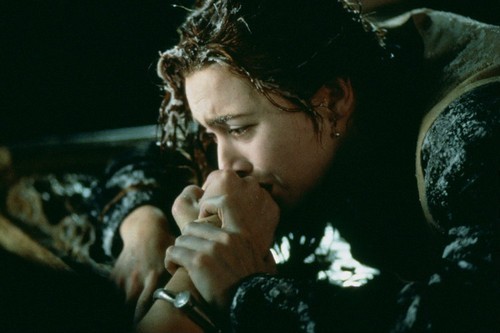In an interview with British Vogue, American singer Ariana Grande has confessed that still could not cope with post-traumatic stress disorder, arising in the background of the terrorist attack in Manchester (with the blast on 22 may 2017 at her concert in the “Manchester-Arena”, killed 22 people and more than 120 were injured).
“It’s hard to talk about this, because many people who came to the concert left him with severe and irreplaceable loss. But Yes, it was, and Yes, it’s real,” she said.
“Time is the only thing that can help, she added. – I always think that I should not talk about their own experience because there were people who in the end is several times worse than me. Perhaps I’m not supposed to say anything. And I don’t think will ever be able to talk about it and not cry.”
Guilt for the fact that someone got hurt, where are you alive – this is survivor’s guilt (also “survivor syndrome” or “survivor syndrome”).
We are talking about a mental disorder that occurs in humans when he feels guilty that he survived a traumatic event, while many others did not survive him. With the survivor’s guilt often experienced by people who survived terrorist attacks, natural disasters, epidemics, as well as those who remained the only living person of all the family, whose members died in various circumstances.

According to experts, a manifestation of survivor’s guilt depends on the psychological profile of the person. It is important to keep in mind that some time ago the disorder was removed from the list of “specific diagnosis” in the Diagnostic and statistical manual of mental disorders (Diagnostic and Statistical Manual of Mental Disorders), and then defined as “one of the major signs of” post traumatic stress disorder.
In his blog for Psychology Today psychologist Nancy Sherman (Nancy Sherman) describes this phenomenon as the “vicious circle of thoughts about what you had to do, but did not, despite the fact that actually the situation was not anything you did wrong or wrong.” She adds that survivor’s guilt is a normal response to a stressful situation and, especially, on loss. There is evidence that some of us are more prone to this disorder – for example, people with depression and low self-esteem.
There are other factors responsible for the predisposition of people to guilt. A 2005 study showed that people who have faced traumatic experiences in childhood appeared to be more susceptible to any stressful events in adulthood.
“Watching other people dead or injured, and is one of the most awful things that can happen to anyone,” says Refinery29 Ph. D. Nancy Kaser-Boyd (Nancy Kaser-Boyd), adding that that is why after such events it is important to seek the assistance of professionals who will help to cope with the guilt at the initial stage while it is still not able to seriously hurt her “host”.
Kaser-Boyd also recommends often to talk about it with friends and family so it didn’t poison you from the inside.
The fact that other people suffered more, does not mean that those who remained alive, did not suffer. Therapists say that people from the latter group tend to devalue their experience and torment yourself, forgetting that thus they do not return others to life and make life easier for their relatives. And perhaps this is exactly what is worth remembering in the first place.



